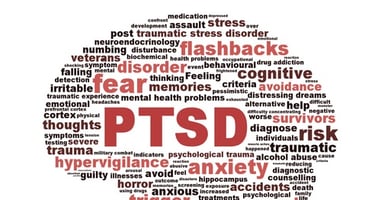Racial and ethnic discrimination may increase the risk that members of minority groups will...
Brain Differences Seen in Children Who Experience Severe Irritability
Children who experience extreme irritability in the face of frustration may have a distinct psychiatric illness that is not bipolar disorder. New research using magnetoencephalography and a computerized game rigged to induce frustration shows distinct neural correlates underlie the phenomena of irritability and distinguish a subgroup of children who may have a diagnostic entity distinct from bipolar disorder (BD).
That’s important because many children who have symptoms of what has been called "severe mood dysregulation" (SMD)—characterized by chronic irritability and a tendency to respond to frustration in developmentally inappropriate ways—receive a diagnosis of bipolar disorder even though they lack the episodes of mania associated with that condition.
The term "severe mood dysregulation” was developed by Ellen Leibenluft, M.D., a co-author of the new study, and colleagues at NIMH. Criteria for the syndrome are being tested in field trials for DSM-5.
Read more about this syndrome and its possible inclusion in DSM-5 in Psychiatric News at http://pn.psychiatryonline.org/content/46/2/4.1.full .
(Image: Shutterstock)






